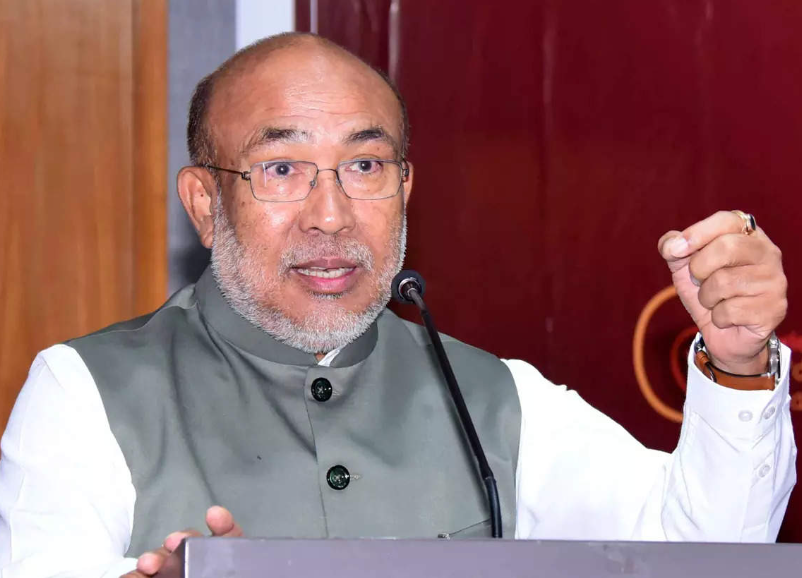In a significant development, the Manipur government is poised to enact a law aimed at ending the practice of hereditary chieftainship in the state’s hill regions.

The disclosure came from BJP MLA Rajkumar Imo Singh during an announcement on X. This initiative is perceived as a step towards fostering equality and democratic governance in these areas.
Chief Minister N Biren Singh, addressing the Manipur assembly, revealed on Monday the government’s intention to enforce a 1967 Act designed to abolish hereditary chieftainship.
Although the Act obtained Presidential assent in June 1967, its implementation has been pending, allowing chieftains to persist in establishing villages based on hereditary norms. Imo Singh, a BJP MLA and the Chief Minister’s son-in-law emphasized the urgency of enforcing the Act, noting that Manipur is the sole North Eastern state where it remains inactive. He underscored that Mizoram had already implemented a similar act back in 1954.
The hereditary chieftainship system has faced criticism for its potential for exploitation, often resulting in nepotism and autocratic rule.
Manipur, bordering Myanmar, continues to grapple with unrest, a full 10 months after violent clashes erupted between the hill-dwelling Kuki-Zo tribes and the valley-dwelling Meiteis over issues including land, resources, political representation, and affirmative action policies. In the aftermath of these clashes, 10 Kuki-Zo MLAs have advocated for the establishment of a separate administration independent from Manipur.

